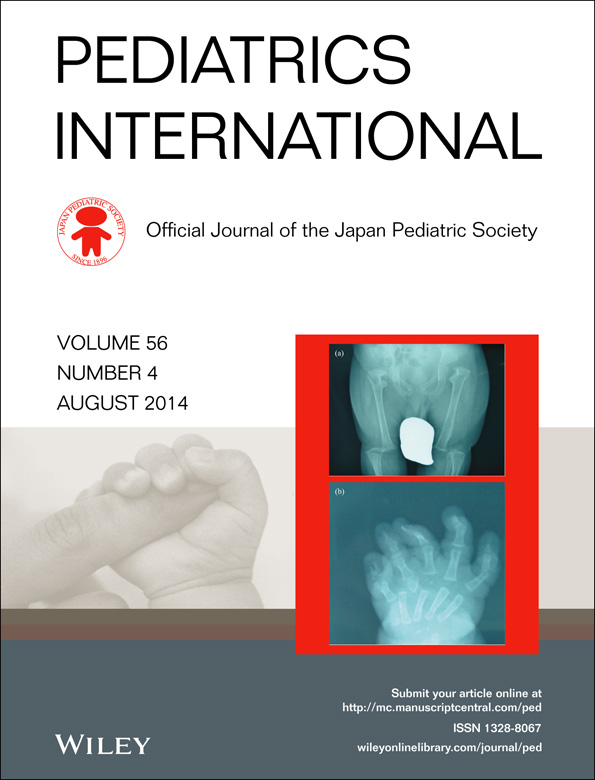Genetic point-of-care diagnosis of Mycoplasma pneumoniae infection using LAMP assay
Abstract
Background
Mycoplasma pneumoniae (MP) is a major pathogen of lower respiratory tract infection (LRTI) in children. A rapid diagnostic method during the acute phase is required for the prescription of effective antibiotics.
Methods
A prospective, single-centered study was conducted on community-acquired LRTI in children. We regarded the day of fever onset as the first day of illness. In part 1, we studied 191 patients with signs of LRTI. We compared diagnostic reliability using loop-mediated isothermal amplification (LAMP) assay and serological testing at the first visit. In part 2, we evaluated the clinical characteristics of 117 patients with positive LAMP assay.
Results
In part 1, 31 patients met the definite MP infection criteria. LAMP assay had a sensitivity of 96.8% and specificity of 100%, whereas enzyme immunoassay had a sensitivity of 38.7% and specificity of 76.9%, and particle agglutination test had a sensitivity of 19.4% and specificity of 93.1%. In part 2, of 106 patients with fever, 100 patients were diagnosed by the day 7 of illness. The diagnosis was made a mean of 3.5 ± 2.1 days after the onset of fever.
Conclusions
LAMP assay had excellent sensitivity and specificity for the detection of acute MP infection at the first visit. This assay can diagnose MP infection during the very acute phase. LAMP assay is appropriate for genetic point-of-care diagnosis of MP infection in hospital laboratories.




